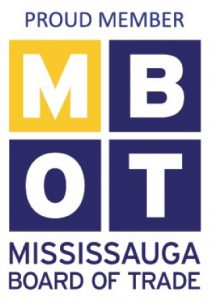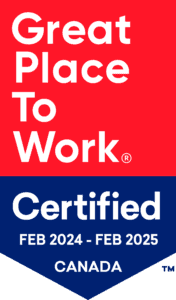Over the years, supply chains have increased in complexity as providers innovate to keep up with growing global customer demand, while simultaneously trying to control rising costs. The integration of high-performance software to help streamline the process has created a job environment where a good amount of technical skill is now required by the workforce in order to excel at their jobs.
The situation demanded a new kind of hybrid supply chain professional with the right amount of logistics experience coupled with excellent software skills. This left a hole in the talent pool, as Baby Boomers with the logistics experience retired after years in the industry, and younger workers came onboard possessing technical know-how but little to no large-scale supply chain optimization experience.
On top of that, 2020 saw significant focus on supply chains as COVID-19 evolved from a growing health concern to a full-scale pandemic. This made an already stressed labour situation even worse with the increase in e-commerce transactions and the need to fill logistics, warehouse, and delivery positions. However, the situation did raise awareness of this issue, making “supply chain” a household phrase as the public at large learned how vulnerable the system can truly be.
Read More: Top 5 Supply Chain Challenges Modern Businesses Are Facing
Finding The Next Generation Of Supply Chain Talent
Recognizing a shift in the labour market toward filling in-demand roles within the supply chain industry, many colleges and universities are now offering programs in supply chain management to create the next generation of logistics professionals. The question now is how to attract young people to the industry so they take advantage of these programs, increase recruitment and help fulfill the need for talent.
Here are a few strategies supply chain employers can start doing to nurture interest in not only the industry, but also in their own company:
- Clarify the industry image: In case your target candidates think of supply chain work as driving a forklift onto a truck in a dusty warehouse, clarify their perception of a career in logistics as one of high-tech, impactful problem-solving that requires multiple sets of disciplines in a high-stakes environment
- Promote company culture: During recruitment drives, place a strong emphasis on what makes your company unique, especially if diversity and progressiveness are the cornerstones of your culture, and ensure that your organization is designed to scale with market growth for long-term career success
- Make talent acquisition easy: The simpler it is for talent to engage with you, the larger talent pool you’ll get, so be sure to make uploading resumes and other documentation to the recruitment page on your website easy, fast, and secure through investing in technology specifically designed for recruitment
- Leverage internal resources: Offer an employee referral incentive program to encourage your current workforce to recommend candidates from their professional networks, giving you access to preferred applicants and saving you time and money spent on external recruitment
- Create external partnerships: Partner with community organizations, colleges and universities, and other organizations who can help potential candidates connect with your company
Retaining The New Generation Of Emerging Talent Through Engagement
As supply chain companies further integrate big data, artificial intelligence, and automation into their processes, the need to attract and retain a new generation of skilled workers into the industry has never been more important. This key demographic of future supply chain leaders is already comfortable with grasping new technology, and enjoy using it on a day-to-day basis to solve problems.
Once you have them ensconced into a role, there will be an ongoing need to keep them involved and engaged. This emerging demographic is used to the instant gratification of getting things quickly, including feedback and comments on their performance. If your management team traditionally provides performance reviews on a quarterly, semi-annual, or annual basis, consider switching to providing feedback on a per project basis to keep your developing workforce engaged.
It’s also important to provide a progressive corporate culture that encourages training and opportunities for professional growth. According to an APICS study, 65% of the emerging supply chain talent pool intends to take continuing education classes in the next 12 months to advance their careers, improve their job performance, and take on more challenging work. In other words, they will invest themselves in your organization if you invest in their future.
Another effective tactic is to introduce more levels to your organization to make smaller goals achievable as your employees work their way up the ladder, especially if they’re allowed to develop new skill sets along the way.
Shifting away from tradition to develop new policies and processes that accommodate the emerging talent pool may not sound very appealing at first, but creating a work environment in which they feel they can thrive, advance, and succeed will make the investment more than worth it for your organization in the long run.
If you’re interested in learning how Cedric Millar can significantly transform your current supply chain into a more sustainable, flexible model, we’d love to chat with you. Just contact us at 1-888-998-1009 or via email at info@cedricmillar.com anytime for a no-obligation discussion.












